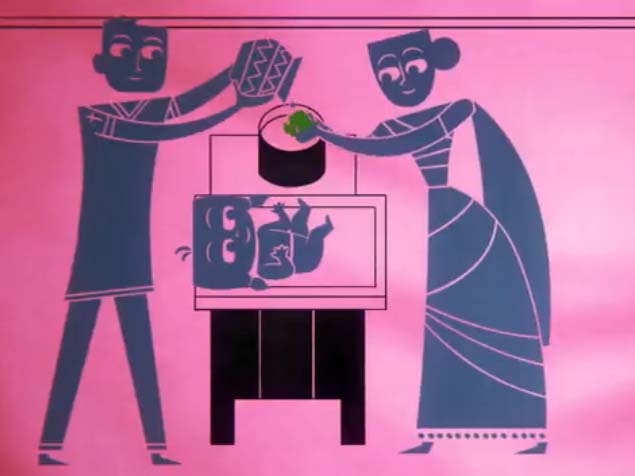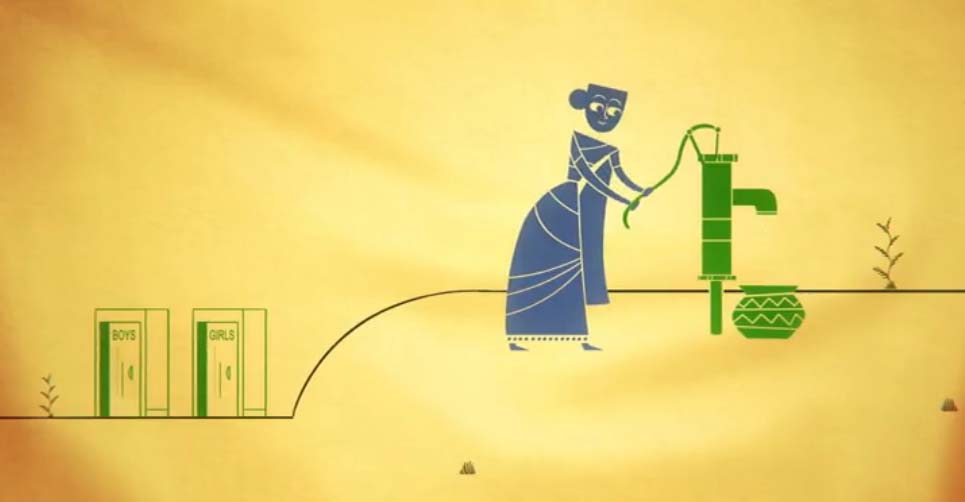Will new Global Goals incorporate unfinished business in child health?
|

“The results communicate a clear message: We can choose a better future for the world's children.”
I love that sentence from UNICEF's most recent A Promise Renewed progress report. The fact that we have a choice makes two essential points: (1) our investments in maternal and child health are working and (2) continued progress is not inevitable. We, as a global community, have to write this chapter in history for ourselves.
Practically speaking, what does that look like? DefeatDD's new video shares our vision: Lifesaving interventions to prevent and treat diarrheal disease seamlessly woven into the fabric of healthy communities.
Looking forward begins with looking back, and just because the Millennium Development Goals have expired doesn't mean obstacles have expired with them. It is true that thanks to progress - like the steady march of rotavirus vaccines in nearly 80 poor countries and the early achievement of the Millennium Development Goal on safe drinking water - deaths from diarrhea and other leading child killers have fallen considerably. But it would be short-sighted to consider our work finished in this arena.

While we've decreased the scope of the problem with simple solutions, they are not yet available everywhere, and remaining gaps reveal persistent challenges. In India, for example, while there is strong political will for sanitation through the national Swachh Bharat Mission and the India Sanitation Coalition, it has also shed light on the need for more behavior change education, creative use of limited funds, and a sustainable infrastructure that spans state and local level jurisdictions.
Globally, the changing landscape reveals that while child deaths from diarrhea have declined, a dramatic toll on children and families remains. Half a million children still die from preventable diarrhea each year, and those who do survive often are caught in a vicious cycle of diarrhea and malnutrition, suffering long-term physical and cognitive growth shortfalls. Exclusive breastfeeding and adequate nutrition are examples of simple, proven interventions that can fortify children and help ensure that they thrive, not merely survive. While we know what works, the challenge is equitable application and scale-up.
There's also an increasing recognition of the interconnected nature of goals that, on the surface, seem unrelated. Our video illustrates how access to basic sanitation has everything to do with the education and empowerment of women and girls, and how preventing repeated diarrheal episodes can help ease families' economic burden.
These are just a few reasons why I believe interventions to defeat diarrheal disease deserve their place in the Global Goals. Progress against this leading child killer is impressive, but unfinished. And our success here will spill over to other critical areas of health and development as well.
Help ensure that global leaders continue to focus on diarrheal disease by sharing our video.














